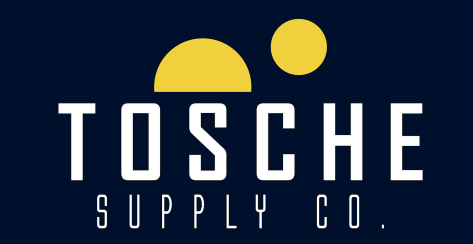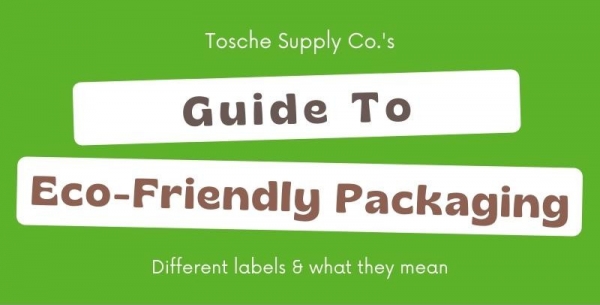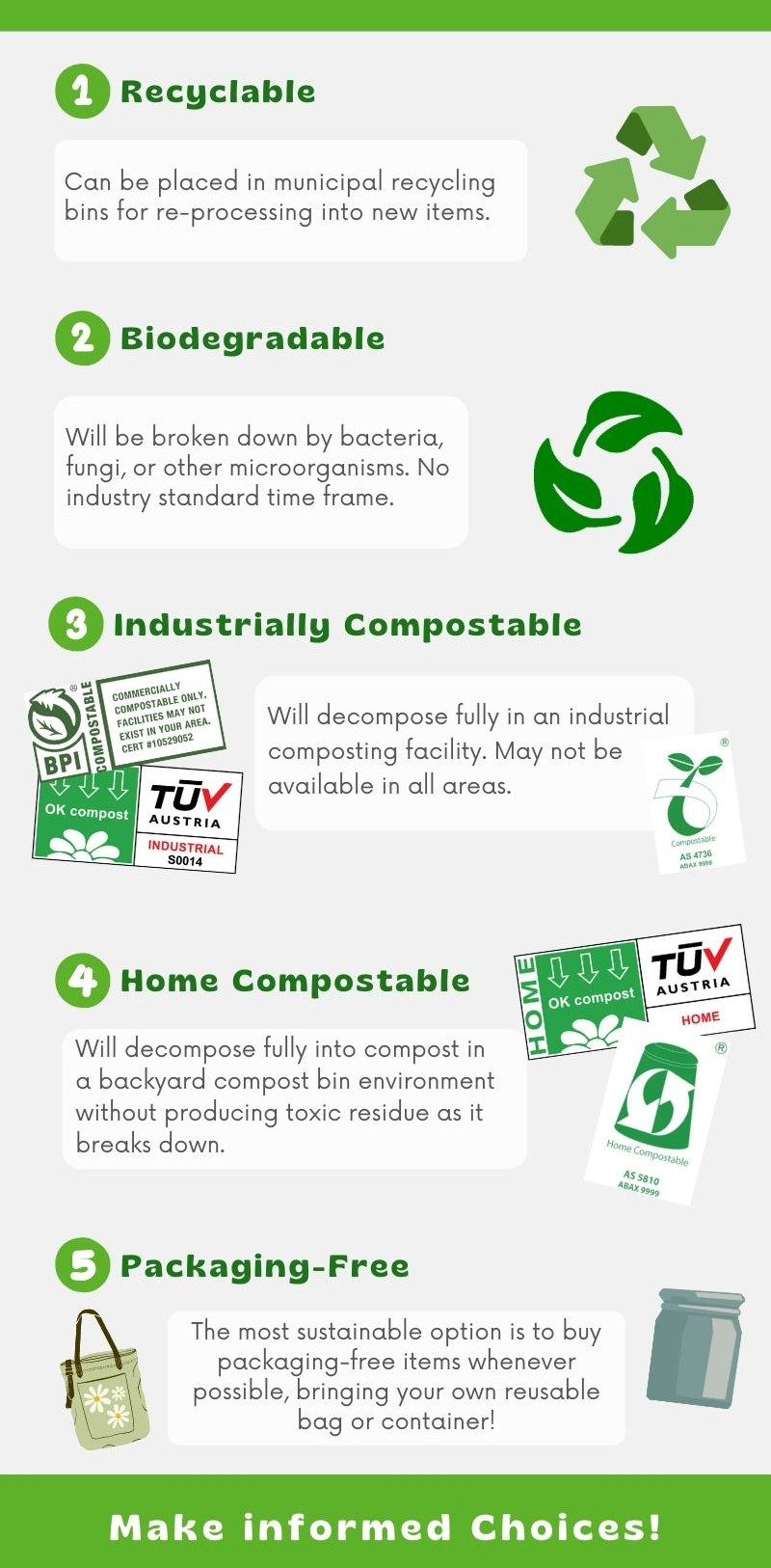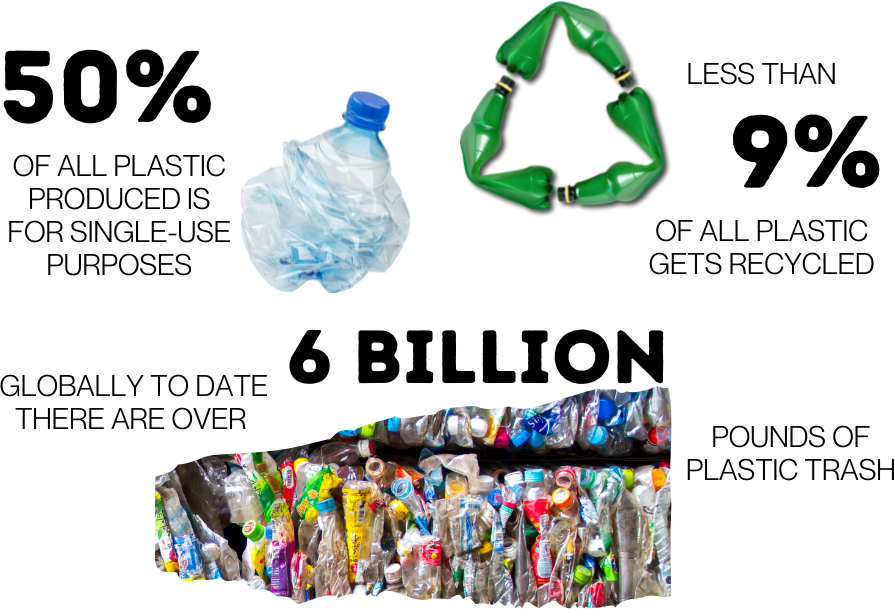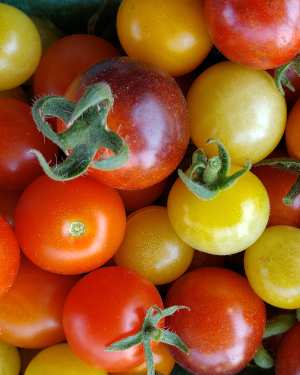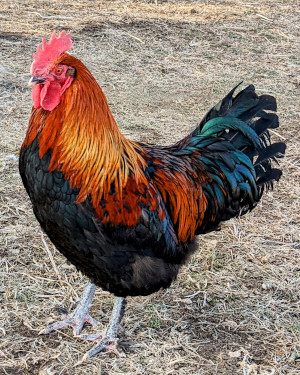Let's take a look at some of the options:
RECYCLABLE
Recyclable products, such as cardboard and plastic, remain popular choices for many packaging materials worldwide. Recycling is the process of converting used materials into something new, keeping them out of landfills (or the ocean). It's a step in the right direction, but it comes with some drawbacks.
There are limits to how many times something can be recycled.
While glass and aluminum can be recycled indefinitely, paper can only be recyled 4-6 times, and plastic can only be recycled once or twice before it is considered unusable and has to go to a landfill.
You can't recycle dirty plastic or paper.
Food residue on recyclable materials renders them "contaminated" and unable to be recycled. In fact, if it makes its way into a bin with other items, the whole bin may be considered contaminated and be diverted to a landfill.
Recycling facilities don't exist everywhere for all materials.
You know those numbers on plastic recycling labels? Not all facilities have the capability to recycle all types of plastic. It can be deposited in a "clean" recycling bin and still end up landfilled.
BIODEGRADABLE
Items touted as "Biodegradable" are often one of the biggest greenwashing scams out there. It's a feel-good label that companies use to make it appear that they are making sustainable and eco-friendly choices, when often they are anything but. Technically, for an item to be considered biodegradable, the Federal Trade Commission (FTC) has issued the following guideline: it must "completely break down and return to nature within a reasonably short period of time after customer disposal." But here's the catch - there is no industry standard definition of a reasonably short period of time. Nearly everything will biodegrade eventually, so this label can generally be considered meaningless on its own.
COMPOSTABLE
Compostable materials, when disposed of properly, will break down through aerobic microbial activity into humus, or compost, the organic component of soil. In the United States, commercially compostable materials are tested via ASTM D6400 (American Society for Testing and Materials Standard Specification for the Labeling of Plastics Designed to be Aerobically Composted in Municipal or Industrial Facilities). Under this standard, materials must break down completely, physically and chemically, into nontoxic humus material within 180 days in an industrial composting facility. In Europe and other parts of the world, the standard is EN 13432 (with similar requirements). The Biodegradable Products Institute, or BPI, is the most well-known third-party certifier in the United States.
However, industrial composting facilities are not widely available to consumers, especially in rural areas. And most industrially compostable materials cannot be recycled.
While the US does not have a standard for home compostability, Austria and Australia both do. When you see an item marked with the Australian standard AS 5810, or Austria's OK compost HOME certification, you know that it can be put into your home compost bin, where it will disintegrate in 6 months, and biodegrade fully within a year (in "hot" compost - "cold" compost can take longer, but it will break down into nontoxic humus).
OUR CHOICE
We choose certified home-compostable packaging whenever we require a packaging solution, as we feel it's what's best for the environment, and we encourage all our customers to compost their food and packaging waste. If you don't have a home composting bin, there are often municipal or third-party solutions that provide a "home composting" environment. The Iowa Food Co-op, for example, provides composting at their Franklin location.
